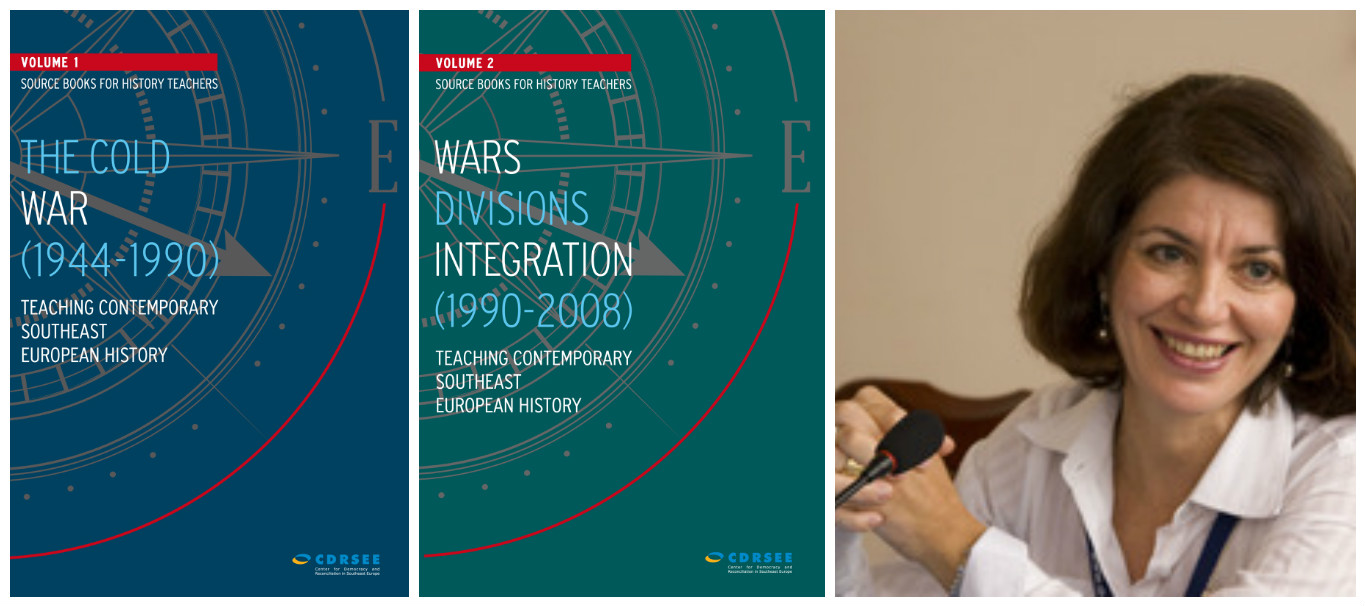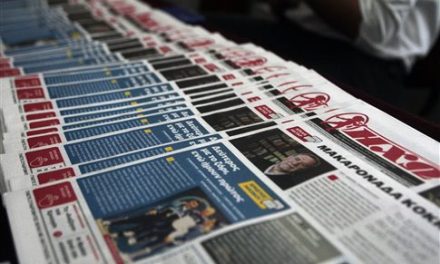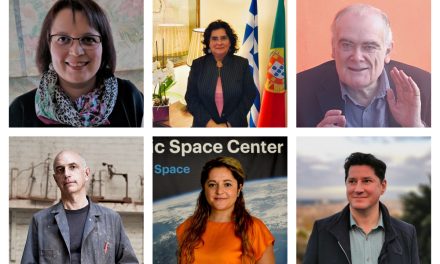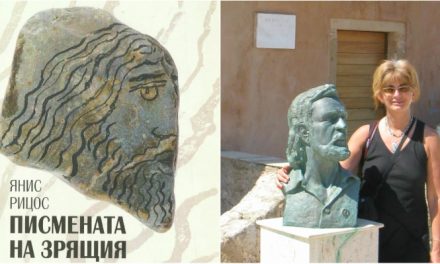Center for Democracy and Reconciliation in Southeast Europe (CDRSEE) launched two workbooks for teaching contemporary Southeast European History in an event entitled ‘History of the Future’, at the European Parliament, in Brussels, November 15. ‘It is high time to disarm history’, was underlined in the event that was hosted by Ulrike Lunacek, Vice President of the European Parliament together with fellow MEPs Eduard Kukan, Tanja Fajon, Knut Fleckenstein, Giorgios Grammatikakis and Ivan Jakovčić.
The two workbooks, Volume 1: The Cold War (1944-1990) and Volume 2: Wars, Divisions, Integration (1990-2008), both published in 2016, are the outcome of the work of a 100 historians from across Southeast Europe team under the leadership of Christina Koulouri, Chair of the History Education Committee of the CDRSEE, Professor of Modern and Contemporary History, Director of the Research Center on Modern History (KENI) and Dean of the Faculty of Political Sciences at Panteion University of Political and Social Sciences.
Covering the period from 1944 to 2008, these workbooks are offering teachers and students an opportunity to research and decide for themselves what happened during this period (which includes the sensitive years of the 1990s) using the relevant sources which provide them with the whole picture surrounding any event, without asking or suggesting what the truth may be. The books are not offering an interpretation, but rather a methodology for reading the history of any given time period.
This set of two books that covers the Cold War and the transition in Southeast Europe, including the Wars of the 1990s, was published by CDRSEE’ s History Education Committee, in the context the “Joint History Project”, with the support of six Ministries of Education and EU’s financial aid. The first two regional launches of new JHP workbooks have been successfully completed in Kosovo (2/12) and in Albania (5/12) and will be followed by other five.
The Joint History Program
The Center for Democracy and Reconciliation in Southeast Europe, established in 1998, is a non-governmental, non-profit organization that seeks to foster democratic, pluralist, and peaceful societies in Southeast Europe. Joint History Program is the flagship project of the CDRSEE launched in 1999, in an effort to change the way history is taught in schools across the Balkans. It has focused on promoting reconciliation in the Western Balkans and beyond, through history education that presents multiple perspectives and encourages critical thinking. The program is therefore centered on education, on providing history-teaching materials for teachers that convey multiple perspectives of the same events, and on ensuring that these materials be put to use across the region.
In 2004 a collection of joint workbooks have appeared; the first four volumes, designed and written by the CDRSEE’s prominent experts from all over the region. Covering the periods from the Ottoman Empire to World War II, they have been published in 11 languages and have become an integral part of history teaching in several Balkan countries. Pupils have the chance to see how ‘others’ perceive an event and examine different interpretations of a same event, to develop empathy and dispel prejudices.















